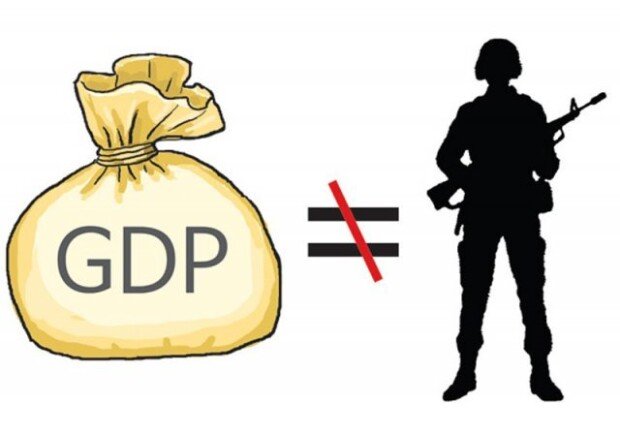Economic and military powers
Economic and military powers
Posted February. 08, 2022 07:57,
Updated February. 08, 2022 07:57

While writing on Gen. Hannibal, I began to study about the relics of Carthage. I’ve always wanted to visit this ancient city in Tunisia someday, but that someday might be too far off. The remains of the city do not give many hints about its past glories, but the image of reconstruction proposed by scholars offers a glimpse of a spectacle.
Its original purpose was defense, but the city boasted a cluster of tall villas on top of a hill as well as a harbor fancier than a luxurious yacht mooring. While the interiors remain hidden, the internal design seen in Roman cities suggests that the Carthaginian architecture is comparable to the modern summer house in terms of interior perfection.
Add power, beds, furniture to it, then Carthage might pass for a beautiful modern city with high-end resort facilities. Ancient Roman cities such as Tivoli, Pompei, Ephesus, Pergamon have become popular tourist destinations. But when Carthage had been built, Rome was not a hall of marble but a run-down city sardined with two-storied wooden houses. Indeed, Carthage was the prototype of the Roman cities that we are familiar with today.
Carthage was a far better city than Rome in terms of the economy, technology, progressiveness, and administrative prowess. It lagged behind Rome in two things; the military power and the civic awareness of the military. And because of this, Carthage lost everything it had built to Rome and collapsed.
“Modern warfare is swayed by economic power,” some people argue. They do have a point of course, but it does not mean that GDP or other metrics will invariably decide the country’s military capacity or their lot in war; it is war, not a card game after all.
South Korea has achieved a remarkable growth in its economic and military power since the end of the Korean War. We are no longer a small country. But from a strategic point of view, South Korea still remains highly susceptible to several geographical and geopolitical risk factors. Even a small mistake can cost us severe damage over a short span of time.
There was a time in South Korea when the means of national defense was abused to threaten its people under military rule. It takes a strong will for economic power to translate into strong military power.





![[단독]㈜한화, ‘방산·조선해양·에너지·금융’과 ‘테크·라이프’로 인적 분할](https://dimg.donga.com/c/138/175/90/1/wps/NEWS/IMAGE/2026/01/14/133153661.1.jpg)
![[단독]김경 “1억원 줄때, 강선우도 함께 있었다” 자수서](https://dimg.donga.com/c/138/175/90/1/wps/NEWS/IMAGE/2026/01/14/133148772.5.jpg)
